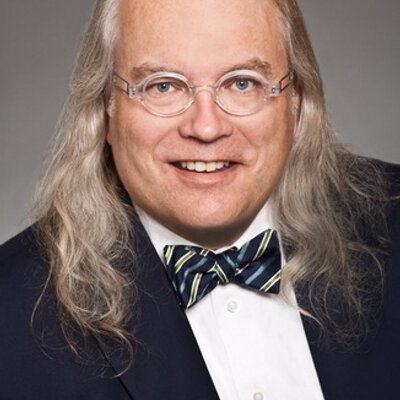“Complexity science is still relatively new to business, but its applications are both many and profound. Many managerial jobs are being replaced by artificial intelligence which leaves only the complex jobs for managers to manage. Managers who do not understand the distinctions between complicated and complex, as well as those who are unable or unwilling to embrace complexity are being left behind.”
Dr. Rick Nason, Associate Professor Rowe School of Business

The Faculty of Management, Dalhousie University is dedicated to advancing experiential learning, teaching and research. Despite the COVID-19 disruption, research is ongoing and continues to be top priority. CEGE Connection reached out to Dr. Rick Nason, Associate Professor Rowe School of Business, for a virtual interview to ask about his current research projects and how he forges connections with students, alumni, and the wider business community.
Rick Nason:
Currently I have four papers in progress:
Managers and Complexity – in this paper I build a framework for classifying managers along two different dimensions. The first dimension is their knowledge of systems thinking and more particularly their level of understanding of the distinction between systems that are complex and systems that are complicated. The second dimension is their willingness or their ability to embrace complexity. Complexity science is still relatively new to business, but its applications are both many and profound. Many managerial jobs are being replaced by artificial intelligence which leaves only the complex jobs for managers to manage. Managers who do not understand the distinctions between complicated and complex, as well as those who are unable or unwilling to embrace complexity are being left behind. The framework helps to classify managers and has implications for hiring, retention and managerial training and development.
Complexity and Healthcare – this is work that is being done in partnership with a recent CR MBA alumnus Keira Lum, who wrote about this research in an April 14, 2020 CEGE post. This research starts with an interview survey of health care professionals, both front line professionals as well as administrators. The survey asks a variety of questions to get the health care professional’s opinions about, and knowledge of, the role and implications of complexity in health care. This research is important as it quantifies the need that others have suggested that more training is required in health care professional skills about complexity and the role it plays in health care both medically, as well as administratively.
Non-Profit Risk Management Framework – In February, I co-authored another book in my series on risk management for Business Expert Press. The title of the book was Risk Management for Non-profits. My co-author was Omer Livvarcin and together we developed a robust risk management framework for the specific use of non-profit organizations. We are in the process of formalizing the theory along with the best practices that underlie the framework. The timing for the book was unfortunately fortuitous, and thus the framework has already been used successfully with several non-profits on an emergency basis as a result of COVID.
Revisiting the Honda Effect – The Honda Effect is a very well-known and studied analysis of the strategy used by Honda when they first entered the North American market in the 1970s. The original analysis started a debate in the field of strategy between those who believed in emergent strategy versus those who believed in planned strategy. Working with Doug Reid, a professor of strategy at Queen’s University, we are reframing the strategy debate in the context of systems theory, and more particularly arguing that Honda implicitly used best practices from complexity theory and that was what made them successful. By bringing systems thinking into strategy, the paper helps to show that the proper type of strategy framework used should be in alignment with the systems characteristics of the market being entered.




 I had a pleasant phone call with one of my friends from graduate school earlier this week. Is was great to reminisce about past school times and catch up on classmates I lost touch with over the years.
I had a pleasant phone call with one of my friends from graduate school earlier this week. Is was great to reminisce about past school times and catch up on classmates I lost touch with over the years.